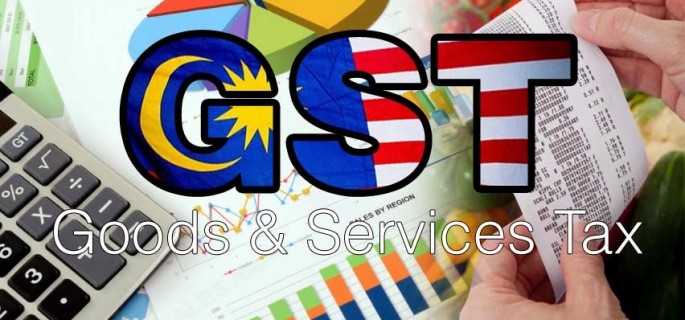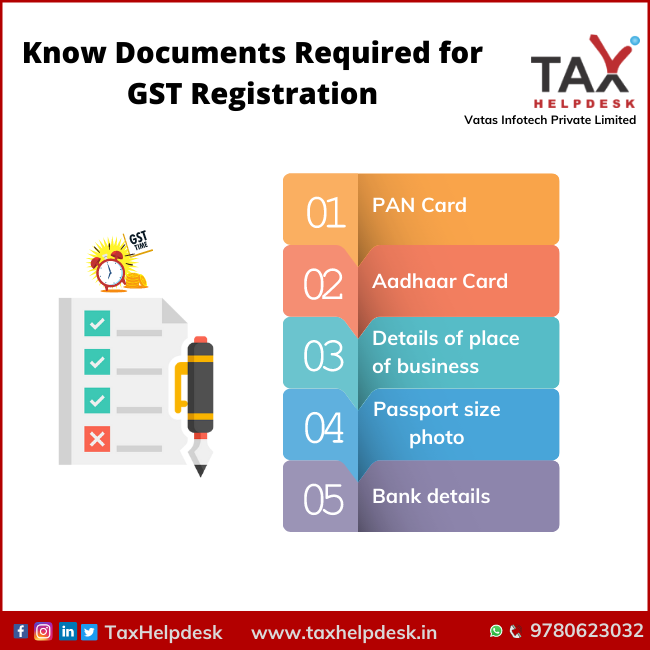Discovering Dependable and Reliable Best GST Registration Services in Singapore
Discovering Dependable and Reliable Best GST Registration Services in Singapore
Blog Article
From Start to Complete: The Ultimate Roadmap to GST Registration for Organizations Seeking Financial Stability
Browsing the intricacies of Goods and Provider Tax Obligation (GST) registration is a crucial step for services striving for monetary security. From recognizing the essential concepts of GST to adhering to post-registration standards, the procedure can seem intimidating at initial glance. Damaging down the roadmap right into convenient steps can improve the registration journey for services looking to boost their economic standing. Allow's discover the essential elements that comprise this supreme roadmap and find just how each phase adds to laying a strong foundation for financial success.
Understanding GST Basics
Digging right into the fundamental principles of Item and Services Tax (GST) is necessary for acquiring a thorough understanding of its implications on services and the economy. Input Tax Credit History (ITC) is a considerable function of GST, allowing organizations to claim debt for taxes paid on inputs, decreasing the general tax obligation worry. Understanding the basics of GST is essential for companies to conform with tax guidelines, handle their financial resources successfully, and add to the nation's financial development by taking part in a clear tax obligation system.
Qualification Standards for Registration
As of the present laws, the threshold limit for GST registration is a yearly accumulation turnover of 40 lakhs for services operating within a state, except for unique category states where the limitation is 20 lakhs. In addition, specific organizations are required to register for GST regardless of their turnover, such as interstate vendors, informal taxable persons, and organizations liable to pay tax obligation under the reverse cost system. It is critical for services to completely analyze their turn over and deal kinds to establish their GST registration responsibilities properly.
Documents Required for Registration
Having actually met the qualification requirements for GST registration, organizations need to now guarantee they have the requisite files in area to proceed with the enrollment process efficiently. The papers required for GST registration generally consist of proof of organization constitution, such as partnership deed, enrollment certificate, or unification certificate for different kinds of businesses. In addition, companies require to provide papers establishing the primary area of company, such as a rental arrangement or electrical power costs.
Step-by-Step Registration Process
Starting the GST registration procedure entails a series of organized steps to make sure a seamless and compliant registration for services. The primary step is to check out the GST portal and load out the enrollment form with accurate details of the organization entity. Following this, the candidate receives a Short-term Referral Number (TRN) which is used to resume the application procedure if it's not finished in one go.
Next, all required papers as per the checklist offered by the GST portal requirement to be published. These records generally include evidence of service identification, address and enrollment evidence of marketers, economic declarations, and organization entity's PAN card.

Post-Registration Conformity Guidelines

Final Thought
In final thought, services looking for economic stability should understand the essentials of GST, meet qualification standards, collect required papers, comply with the step-by-step enrollment process, and conform with post-registration guidelines - Best GST registration services in Singapore. By sticking to these actions, services can guarantee compliance with tax obligation guidelines and maintain economic security in the long run
Additionally, certain businesses are called for to sign up for GST irrespective of their turn over, such as interstate suppliers, casual taxable individuals, and organizations responsible wikipedia reference to pay tax obligation under the reverse charge device.Having actually fulfilled the eligibility criteria for GST enrollment, businesses have to now ensure they have the requisite records in location to continue with the registration procedure effectively. The documents needed for GST registration commonly include evidence of company constitution, such as collaboration deed, enrollment certificate, or unification certificate for various kinds of companies. In addition, companies require to offer records establishing the primary area of service, such as a rental agreement or electricity expense.Starting the GST registration process entails a series of structured actions to guarantee a smooth and certified enrollment for businesses.
Report this page